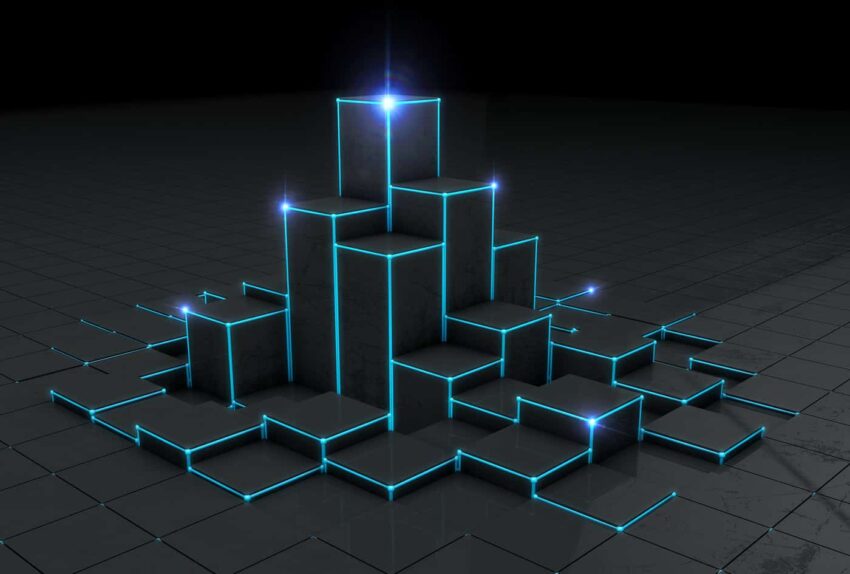The real estate industry has been around for centuries, but it has been slow to adopt new technologies. However, blockchain technology is poised to change that. In this article, we’ll explore why blockchain is the future of the real estate and how it can benefit the industry. The article is presented by https://techedknow.com/
Blockchain is a decentralized, digital ledger that records transactions in a secure and transparent way. It was first used as the technology behind Bitcoin, but its potential applications have expanded far beyond cryptocurrency. Blockchain technology has the potential to revolutionize many industries, including real estate.
How Blockchain Can Revolutionize Real Estate

- Increased Transparency
One of the main advantages of using blockchain in real estate is increased transparency. Currently, real estate transactions can be opaque, with multiple intermediaries involved. However, with blockchain technology, all parties involved in a transaction can view the same information in real-time, reducing the likelihood of fraud and errors. Read more: How Blockchain is Revolutionizing ChatGPT’s NLP Capabilities
- Faster Transactions
Real estate transactions can take weeks or even months to complete. However, with blockchain technology, transactions can be completed in a matter of hours or even minutes. This is because blockchain eliminates the need for intermediaries, such as banks, which can slow down the process.
- Lower Costs
By eliminating intermediaries, blockchain technology can significantly reduce the costs associated with real estate transactions. This can make buying and selling real estate more accessible to a wider range of people.
- Increased Security
Real estate transactions involve large sums of money, making them attractive targets for fraudsters. However, blockchain technology can increase security by providing a tamper-proof and immutable record of transactions.
Current Applications of Blockchain in Real Estate
Several companies are already using blockchain technology in the real estate industry. For example, Propy is a blockchain-based platform that allows users to buy and sell real estate online. The platform uses smart contracts to automate the process, reducing the need for intermediaries.
Another company, Deedcoin, uses blockchain technology to connect buyers and sellers directly, reducing the need for real estate agents. The platform also allows buyers and sellers to earn tokens, which can be used to pay for real estate services.
Future Applications of Blockchain in Real Estate
While blockchain technology is already being used in real estate, its potential applications are still being explored. Here are some of the future applications of blockchain in real estate:
- Fractional Ownership
Blockchain technology could make it easier for people to invest in real estate. For example, by using blockchain, it would be possible to sell fractions of a property to multiple investors, making it more accessible to people who cannot afford to buy a whole property.
- Smart Contracts
Smart contracts are self-executing contracts with the terms of the agreement between buyer and seller being directly written into lines of code. These could be used to automate the buying and selling process, reducing the need for intermediaries.
- Property Title Management
Blockchain technology could make property title management more efficient. By using blockchain, it would be possible to create a tamper-proof and transparent record of property ownership.
- Rental Agreements
Blockchain technology could also be used to create more secure and efficient rental agreements. For example, smart contracts could be used to automatically enforce rental agreements, reducing the need for intermediaries such as property managers.
Conclusion
In conclusion, blockchain technology has the potential to revolutionize the real estate industry. It can increase transparency, reduce costs, and improve security. While the technology is still in its early stages, several companies are already using blockchain in the real estate industry. As technology continues to evolve, we can expect to see even more innovative applications of blockchain in real estate.

